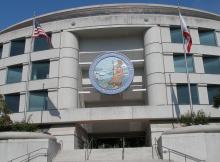
Congressional Republicans are moving forward on a plan to kill a popular Federal Communications Commission (FCC) program providing free Wi-Fi to schoolchildren. Critics of the repeal say it’s a “cruel” effort that will undermine initiatives to bridge the affordability and access gap for families long stuck on the wrong side of the digital divide.
The effort, spearheaded by Texas Republican Senator Ted Cruz, leverages the Congressional Review Act to roll back FCC changes to E-Rate, a government program that helps subsidize deployment of broadband access to rural communities, libraries, and schools.
Accelerated by the remote education boom of pandemic lockdowns, communities country wide had petitioned the FCC to expand the program. The goal: allowing rural schools to leverage E-Rate funding to provide free mobile Wi-Fi hotspots to families that either couldn’t afford broadband – or found broadband entirely out of reach.
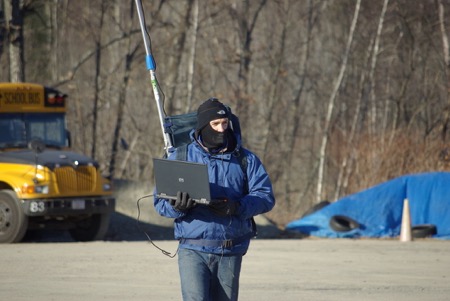
So in July 2024 the FCC voted to expand the program. Historically, E-Rate could only be used to improve access on school or library grounds. The expansion allowed schools to provide limited access to free Wi-Fi hotspots via school buses or other alternatives. The expansion did not involve an increase in the E-Rate budget or any new taxes on U.S. residents. It recognized that the concept of “school” had eclipsed the 20th century definition of a room in a community building.
“I believe every library and every school library in this country should be able to loan out Wi-Fi hotspots to help keep their patrons and kids connected,” former FCC boss Jessica Rosenwocel said when the reforms were announced. “It is 2024 in the United States. This should be our baseline. We can use the E-Rate program to make it happen.”
But a 53-47 vote on May 6 along strict party lines sets the stage for the expansion to be nullified. 12 Senators couldn’t be bothered to show and vote. The E-Rate expansion proposal would be eliminated if the House version passes and President Trump signs the joint resolution of disapproval.
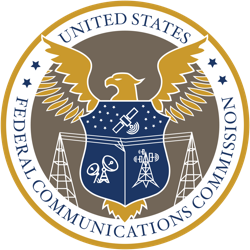
Republicans have leveraged the CRA to kill other popular FCC reforms, including rules to protect broadband consumer privacy.
The CRA does not simply stop a regulation – it prohibits the regulatory agency from passing anything similar in the future absent a new grant of authority from Congress.
Senator Cruz’s original press release announcing his plan failed to offer compelling justifications for the destruction of the program, and included numerous completely false claims that this free hotspot program somehow “censored kids’ exposure to conservative viewpoints,” harmed childrens’ safety, and “increased taxes on working families.”
The real reason for the repeal likely comes via lobbying by mobile providers, who didn’t like the idea of a free government program eating into their rural wireless profits. Even if many of those same providers failed to uniformly offer access to these communities in the first place.
'Cruel and Shortsighted'
Many lawmakers lamented the potential dismantling of the program as a senseless act of destruction that undermines progress made on shoring up affordable access.
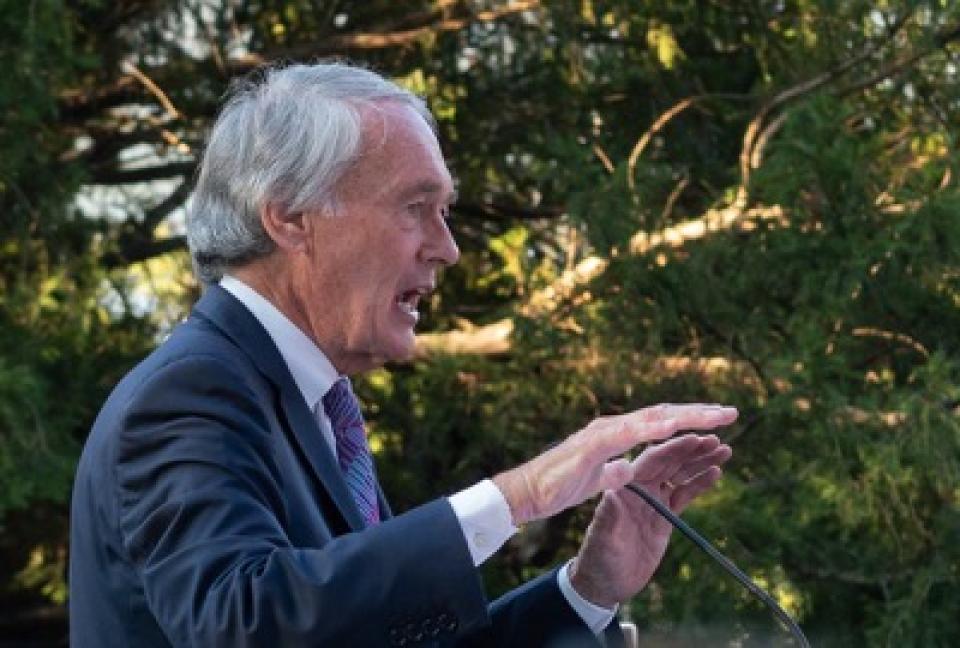
“Repealing the FCC’s expansion of the E-Rate program is a cruel and shortsighted decision that will widen the digital divide and rob kids of the tools they need to succeed,” Massachusetts Senator Ed Markey said in a statement. “This resolution won’t save any money, but it will cost our country dearly in lost opportunity. It undermines years of progress closing the Homework Gap and turns our backs on children who simply want to learn and thrive.”
Senator Richard Blumenthal (D-Conn.) stated the rollback “would prevent millions of students, educators, and families from getting online."
"It would be a disgrace if we deprive those students and their families of this vast resource, of literally life-changing access to a really necessary service that helps them not just now but throughout their futures," Blumenthal said. "We ought to expand Internet access, not constrict it. We ought to be enhancing it, not cutting it off."
The potential rollback of the popular E-Rate expansion comes as other Trump Administration policies threaten efforts at affordable broadband expansion.
Republicans recently refused to fund an expansion for the popular FCC Affordable Connectivity Program (ACP), which provided a $30 discount on the broadband bills of low-income families. The discontinuation of that program left the program’s 23 million subscribers suddenly facing significantly higher monthly broadband costs.
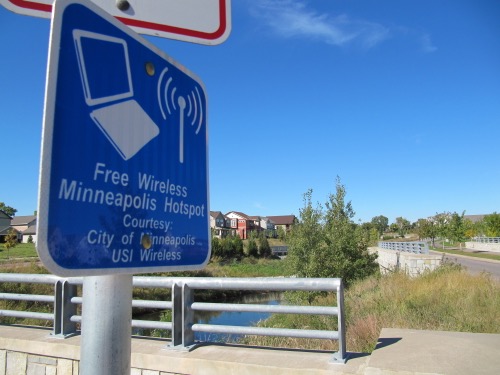
Pressured by a right wing activist group, the 5th Circuit also recently took aim at the FCC's Universal Service Fund – a historically bipartisan program that helps to shore up broadband access to schools and rural Americans.
Meanwhile, the Trump administration is undermining the FCC’s ability to hold telecom giants accountable for fraud, anti-competitive behavior, or privacy violations.
Republicans are also taking aim at protections designed to stop big telecom providers from engaging in discrimination in broadband deployment, most recently with the Trump Administration’s (likely illegal) approach to dismantle the Digital Equity Act.
The attack on all of these protections comes at a delicate time for long-percolating efforts to address broadband inequality.
The 2021 infrastructure bill included an historic $42.5 billion in new broadband grants. But that funding prioritizes “unserved” communities. Given the notorious unreliability of U.S. broadband maps, that still leaves many underserved communities left without access.
Many U.S. communities not only risk being boxed out of an historic broadband grant funding round, they’re facing higher broadband bills due to the repeal of the ACP, a potential dearth of funding with the potential collapse of the USF, and are now being told that local libraries and schools can’t leverage free Wi-Fi hotspots in a bid to try and bridge the resulting gaps.
Historically, a bipartisan majority of Americans have supported government efforts to ensure uniform access to affordable, reliable broadband. Many of these programs, including the ACP and USF, were also built on the back of decades of bipartisan consensus among lawmakers.
Header image of young girl using her laptop on WiFi outdoors courtesy of Street Lab, Creative Commons, Attribution-NonCommercial 4.0 International
Inline image of man testing WiFi on school buses courtesy of Synthesis Studios on Flickr, Creative Commons, Attribution-ShareAlike 2.0 Generic
Inline image of Sen. Ed Markey courtesy of Victoria Pickering on Flickr, Creative Commons, Attribution-NonCommercial-NoDerivs 2.0 Generic
Inline image of free WiFi hotspot sign in Minneapolis courtesy of Wikimedia Commons, Creative Commons, Attribution 2.0 Generic


